Introduction to STKM Pipes
STKM pipes, a category within the steel tubing industry, are renowned for their engineering applications due to their versatility and durability. These pipes, conforming to the JIS G 3445 standard, are designed to facilitate low-pressure fluid transportation, offering a balance between strength and flexibility. The small radius of curvature ensures that these pipes can be maneuvered easily, making them suitable for complex installations.
Types and Applications
There are various types of STKM pipes, such as STKM11A and STKM12B, each with unique properties that cater to different industrial requirements. The JIS G3445 STKM 11A grade is particularly popular for its mechanical and structural applications. These pipes are utilized in a range of fields from automotive to machinery, and even in constructing scaffoldings and other structural frameworks.
Features and Materials
The material composition of JIS STKM pipes includes carbon steel, which provides excellent resistance to corrosion and the ability to withstand high temperatures. This makes them resistant to the harsh chemicals found in diesel and gasoline exhaust gases. The structural integrity of these pipes ensures longevity and reliability in various environmental conditions.
Advantages of STKM Pipes
The advantages of using STKM pipes are manifold. Their resistance to corrosion and high temperatures makes them a steadfast component in exhaust systems, while their flexibility allows for efficient installation. The durability of these pipes means that they can maintain their integrity over long periods, even under stress, reducing the need for frequent replacements.
Recognizing Pipe Degradation
Signs of a compromised STKM pipe include increased fuel consumption, unusual noises during acceleration, and the smell of gasoline indicating potential leaks. These symptoms suggest the need for an inspection and possible replacement to maintain the vehicle's performance and safety standards.
Environmental Considerations
A defective STKM pipe not only affects the vehicle's efficiency but also poses environmental concerns. Leaks can lead to higher emissions, contributing to pollution and causing harm to nature. Therefore, maintaining the integrity of these pipes is crucial for both ecological and economic reasons.







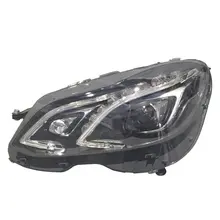


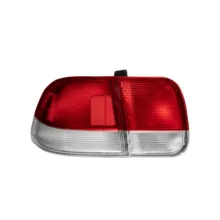
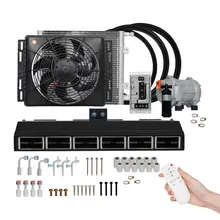





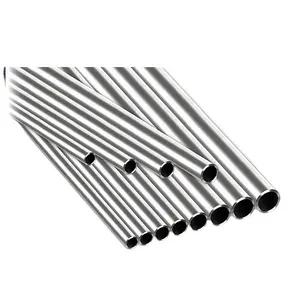
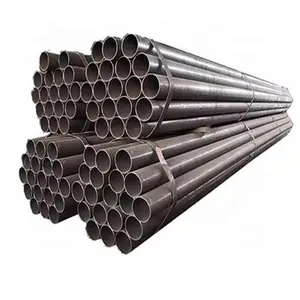
























 浙公网安备 33010002000092号
浙公网安备 33010002000092号 浙B2-20120091-4
浙B2-20120091-4